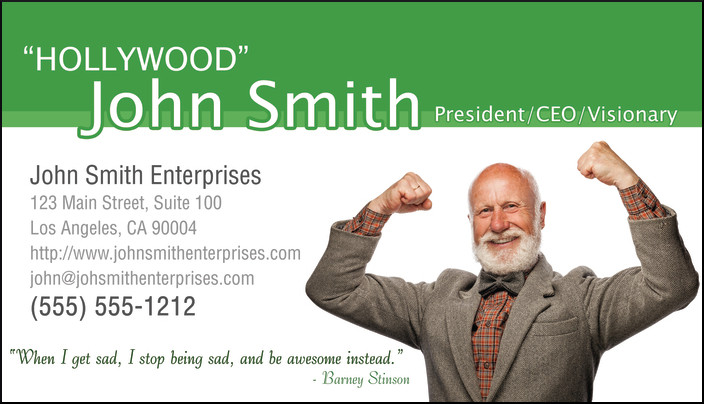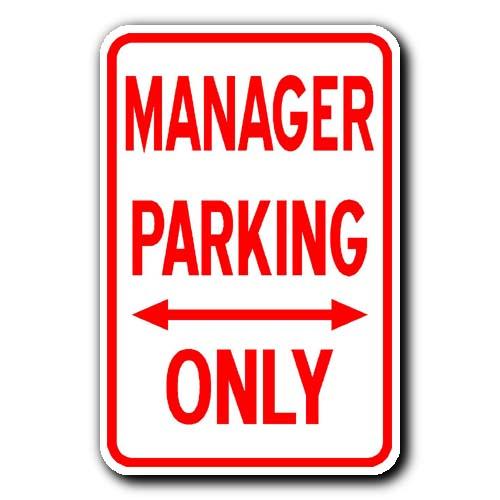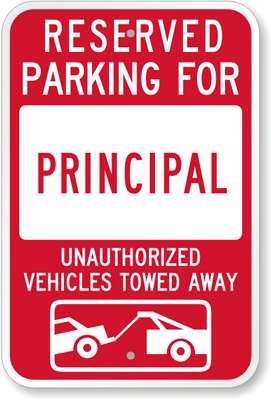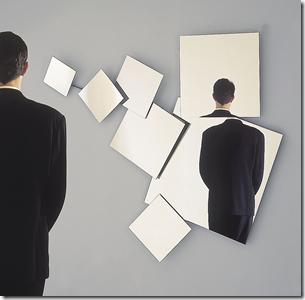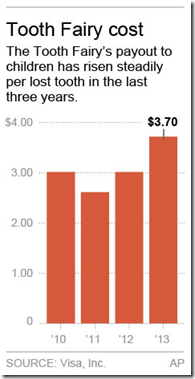You know the type. This is the person who complains about his or her taxes going to someone on unemployment or welfare or say things like, "Why doesn't that guy just get a job?" or "Why would someone spend their whole life in such a dead end career?" when their entire life has essentially been a gift from their parents.
They grew up in economic security. Never been hungry a day in their life. Always had the right clothes and shoes. Had books in the home. Went to summer camps and swim lessons. Didn't need to work 20 or 30 or 40 hours a week in high school to help pay the bills or save for college tuition. Probably didn't buy their first car on their own. Parents paid for most or all of their college tuition. They've always had a home to return to in times of trouble. A place to run in an emergency. Maybe even been bailed out of a jam or received an interest free loan from a parent in the past. They might work for their parent's company or been hired by a relative or a friend of the family.
They have been blessed by parents who have ensured their economic security, and yet for reasons that I will never understand, they fail to see how fortunate they are.
It's convenient, short-sighted, and stupid to judge the economic position of another person when you might've failed things in your life and still fallen ass-backward into relative economic security. You could blow up your life again and again and still return home to food and shelter and maybe even a job.
Many people of privilege fail spectacularly. They fail to make their dreams come true. They make terrible economic, marital, and employment decisions. They end up in trouble with the law. They find themselves incapacitated by illness.
Yet they still land on their feet thanks to privilege they did nothing to earn other than being born while those who are living without the same safety nets are doomed. If you are fortunate enough to come from privilege, you may have no understanding of the razor-thin margins that life has to offer. You can't imagine how easy it is to take one wrong step and be lost for years or decades or forever. You can't conceive how one economic setback or or serious illness or bad decision can send you spiraling.
It demonstrates a disgusting level of self-centeredness and utter lack of empathy to point your finger at someone in trouble and criticize the government assistance that they are receiving when you have enjoyed the same welfare subsidies, unemployment benefits, and food stamps throughout your entire life - in the form of your parents.
Please note that this is coming from someone who grew up poor and remained poor well after high school. I'm a person who was unemployed, unfairly jailed, homeless, tried for a crime I did not commit, and eventually put myself through college by working 40-60 hours a week while taking a full class load. I grew up as a child constantly hungry in a family on welfare and food stamps, but since leaving home at 18, I have never received any government assistance.
I have made it on my own.
It would be easy for me to criticize those who fail to pull themselves up by their bootstraps.
Still, I would never criticize someone who needed or was receiving assistance. Even with my circumstances, I recognize my great fortune. I have been healthy throughout most of my life. I was able to work hard for long periods of time without tiring or losing hope. I was born with a mind that allowed me to excel in school even while working full time. There were moments in my life when friends stepped in and lifted me from possible disaster.
I got lucky. A judge found me not guilty. A family of Jehovah's Witnesses opened their doors and got me off the street. A man with a gun didn't kill me when he had already killed others. Professors saw my potential and supported me. A principal gave me a chance. A community rose to support me. I married the perfect person.
Why someone from privilege can't see these same things baffles me. Why they don't see their economic safety net, their ongoing parental support, the family company where they work, the college tuition they never paid, the downpayment on their home that they were gifted, and their lifelong good health for what it is - an unearned blessing - is beyond me.
I can only (perhaps unfairly) assume that they are stupid douchebags.





